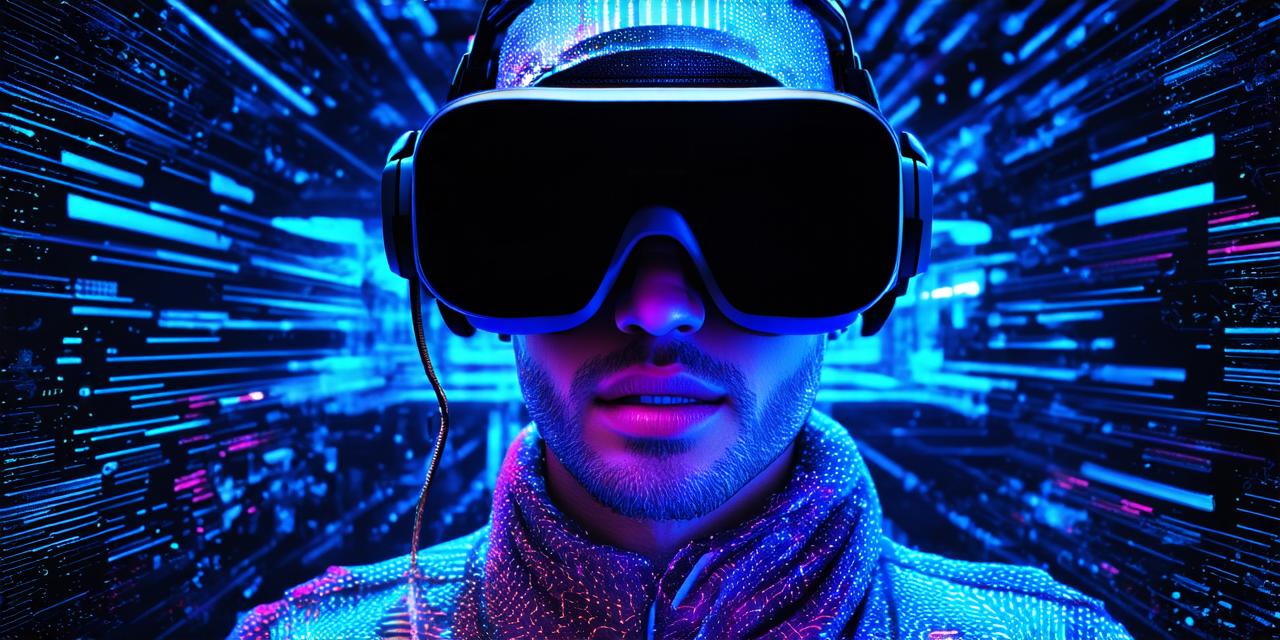Virtual reality (VR) technology is rapidly evolving, and there is an increasing demand for professionals with expertise in this field. VR careers offer exciting opportunities to work on innovative projects and contribute to the development of immersive experiences.
Introduction:
Virtual reality (VR) technology is rapidly evolving, and there is an increasing demand for professionals with expertise in this field. VR careers offer exciting opportunities to work on innovative projects and contribute to the development of immersive experiences.
1. What are Virtual Reality Careers?
Virtual reality careers involve working on various aspects of creating, designing, and developing VR experiences. Some common roles in this field include game designers, UX/UI designers, software developers, and content creators. Each role requires a different set of skills and education qualifications.
2. Education Requirements for Game Designers:
Game designers are responsible for creating engaging and immersive games using VR technology. To become a game designer, you typically need a degree in game design or a related field such as computer science or engineering. You should also have experience with game development tools and programming languages such as Unity and C.
3. Education Requirements for UX/UI Designers:
UX/UI designers are responsible for creating intuitive and user-friendly interfaces for VR experiences. To become a UX/UI designer, you typically need a degree in design or a related field such as computer science or engineering. You should also have experience with VR design tools and programming languages such as Unity and C.
4. Education Requirements for Software Developers:
Software developers are responsible for creating the technical components of VR experiences, such as graphics and animation. To become a software developer, you typically need a degree in computer science or a related field. You should also have experience with programming languages such as C++, Java, or Python and be familiar with game engines like Unity and Unreal Engine.
5. Education Requirements for Content Creators:
Content creators are responsible for creating the content of VR experiences, such as 3D models and textures. To become a content creator, you typically need a degree in art or design or a related field. You should also have experience with 3D modeling software like Blender and Photoshop.
6. Additional Skills Required for Virtual Reality Careers:
In addition to the education requirements mentioned above, virtual reality careers also require specific skills such as creativity, problem-solving, and attention to detail. You should also have experience working with VR hardware and software and be familiar with the latest trends in VR technology.
7. Summary:
Virtual reality is a rapidly growing field, and there are many exciting career opportunities available for those with the right education and skills. To become a successful virtual reality professional, you will need to have a combination of technical knowledge and creative abilities. By pursuing the right education qualifications and gaining relevant experience, you can take advantage of this exciting and dynamic field.
